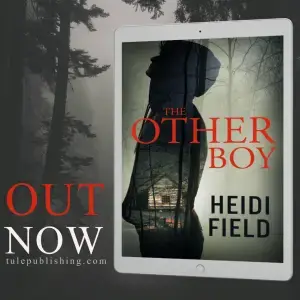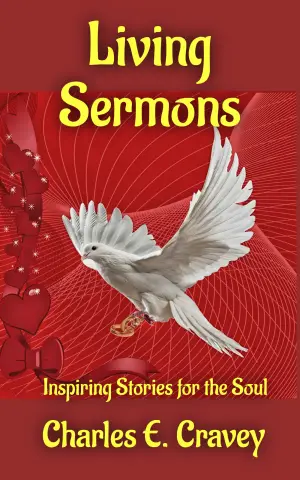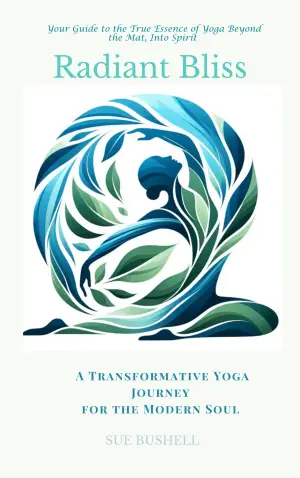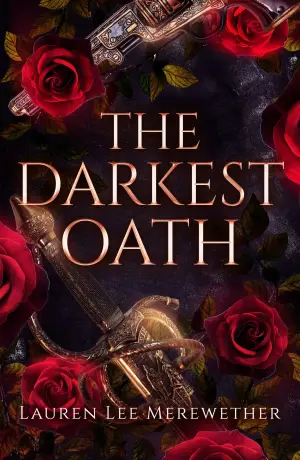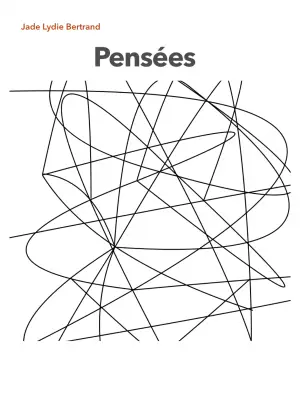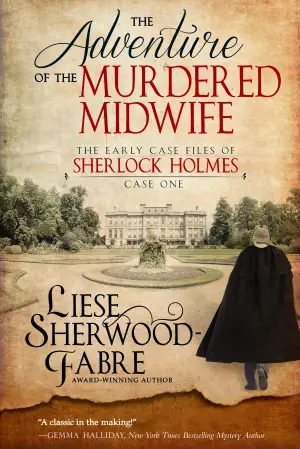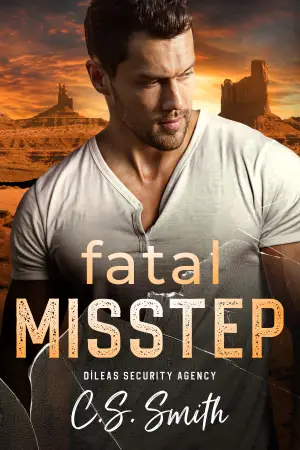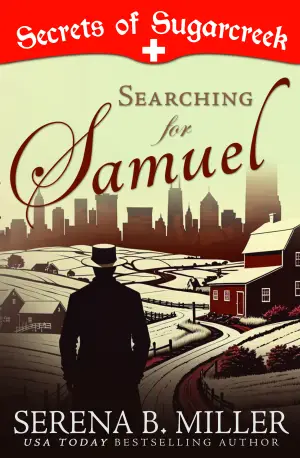Book Review: One Last Stop by Casey McQuiston
As a bisexual nonwhite New Yorker with roots in Flatbush, I couldn’t help but be drawn to Casey McQuiston’s One Last Stop. The concept alone—a f/f time-travel mystery set in Brooklyn—had me intrigued. Yet, as I dove into the pages, I quickly realized this wasn’t going to be the love letter to the vibrant community I know and cherish, but rather a romanticized fantasy that frankly left me feeling deflated.
From the outset, there was so much promise. The premise of a punk Asian-American queer love interest intertwining with a modern-day love story set aboard the Q train stirred my local pride. But that excitement dimmed as McQuiston’s vision appeared to be painted in broad strokes, devoid of the intricacies of my beloved Flatbush and its rich history. It was frustrating to see landmarks and locations I’m intimately familiar with misrepresented—like the mishaps regarding the Q train and Brooklyn College, which felt like glaring errors that could easily have been checked with a quick Google search.
Plot-wise, August’s journey intertwines with Jane, who has a history rooted in the 1970s queer scene. Yet, while that subplot had some merit, it felt disconnected from the narrative’s central heart. August’s romantic escapades seemed more about capturing some twee magic than genuinely interacting with the community I know. The narrative flaunted a faux-diverse atmosphere but lacked any real engagement with what makes Flatbush distinct—its multicultural tapestry and community challenges.
One of my biggest gripes comes down to McQuiston’s clear affection for NYC’s subway system. The Q train was a supposed character in and of itself, yet attention to detail faltered. Descriptions regarding August’s commutes and the over-exaggerated notion of encountering “commuters” on the Q felt fabricated. Residents know that the Q doesn’t travel through a bustling mix of finance workers on a morning commute into Brooklyn. What that signifies is a missed opportunity to craft a realistic snapshot of life on the train.
Despite these frustrations, there were parts worth celebrating. The character of Jane, with her punk energy and emotional depth, shone through the narrative’s haze. I found myself warming up to her dynamic with August, rooting for their tattooed love amidst the swirling ghosts of Jane’s past. Additionally, moments like August’s explorations of queer spaces added splashes of authenticity—though these were fleeting.
However, the overall portrayal of Flatbush and the contexts surrounding it felt patronizing. It’s not just a whimsical landscape for a fantasy; it’s a historically rich community grappling with gentrification realties, yet McQuiston seemed to gloss over the deeper conversations in favor of an easy plot.
In conclusion, while One Last Stop might resonate with those who prefer sugarcoated narratives or delightful rom-coms, it fell flat for me as a native New Yorker. This review might not appeal to the book’s general fans, but I felt compelled to voice my discontent. For those craving a deeper understanding of the complexities of NYC—especially communities like Flatbush—I would recommend seeking stories that truly reflect the pulse of the city. Overall, while McQuiston had a commendable idea, the execution left this reader yearning for more substance and connection.



